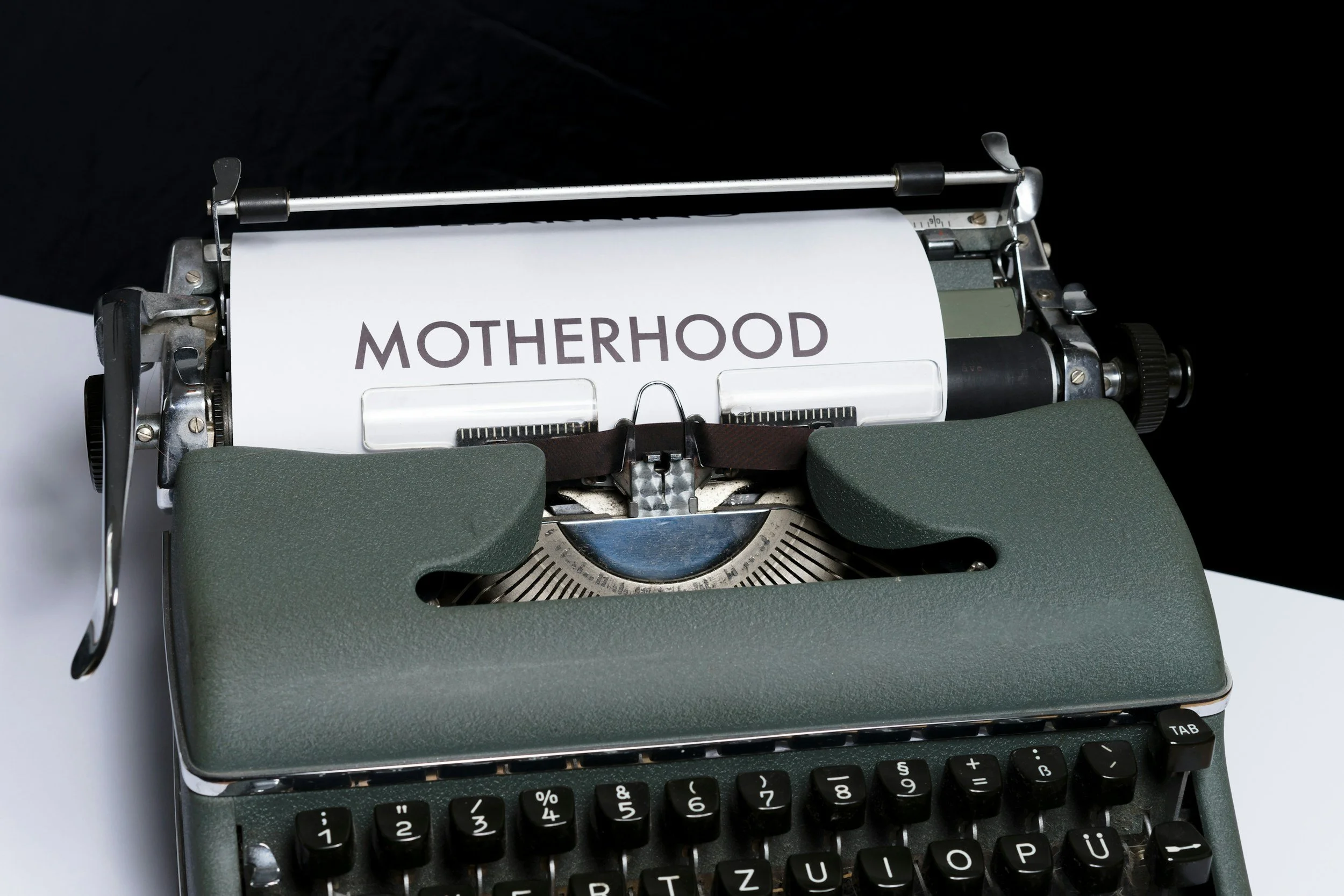The “Good Enough Mother”
Embracing Imperfections in Motherhood
Dr. Donald Winnicott was a renowned British pediatrician and psychoanalyst that introduced the concept of the “good enough mother.” His groundbreaking work suggests that infants do not need an idyllic, perfect mother. Rather, infants need a responsive enough, attuned enough, and present enough mother to foster their emotional development (Winnicott, 1953).
Winnicott’s theory remains as relevant as ever, offering reassurance and coping mechanisms to mothers as they navigate the immense pressures of motherhood.
What Is the “Good Enough Mother”?
Winnicott (1960) theorized that mothers naturally and inevitably experience subtle misattunements with their children. For example, a mother may misinterpret a child’s cues or be momentarily distracted. Rather than causing harm, these minor lapses are essential for a child’s development. These moments allow children to adapt to reality, build resilience, and develop a sense of independence all in the presence of their loving mother.
Striving for Perfection is Counterproductive
Mothers are often bombarded with the unrealistic expectation that they must be endlessly present, perfectly attuned, and always “on.” This impossible standard not only fuels anxiety and guilt, but can also make it harder for mothers to be truly present with their children.
In reality, moments of misattunement are both inevitable and normal. It is normal for mothers to misinterpret a children’s needs, take time for themselves, and balance responsibilities both inside and outside the home.
The “Good Enough Mother” theory reminds us that perfection is neither necessary nor beneficial for a mother or child’s well-being. Secure attachment is not about constant, flawless presence—it is about the quality of interactions (Bowlby, 1988). A mother who is emotionally available and engaged, even in short moments, can develop a secure base for a child.
Practical Applications of the “Good Enough Mother”
Embracing the good enough mother philosophy allows all mothers—whether stay-at-home, part-time, or full-time professionals—to recognize that their children do not need perfection. Sritiving for perfection may actually get in the way of a mother being loving, present, calm and steady for their child.
The “Good Enough Mother” theory allows mothers to embrace and accept their loving humanity, which more often leads to authentic, meaningful connection with their children.
References:
Winnicott, D. W. (1953). Transitional objects and transitional phenomena. International Journal of Psychoanalysis, 34, 89-97.
Winnicott, D. W. (1960). The theory of the parent-infant relationship. International Journal of Psychoanalysis, 41, 585-595.
Bowlby, J. (1988). A secure base: Parent-child attachment and healthy human development. Basic Books.
Anger: A Hidden & common Symptom of the postpartum experience
Let’s talk about anger & take it seriously.
Motherhood is often portrayed as a time of joy, love, and fulfillment. Yet new mothers find this narrative incomplete.
One of the emotions that is missing from this narrative is anger. While it may come as a surprise, anger can be a common symptom of postpartum depression (PPD) and postpartum anxiety (PPA). We live in a culture that does not accept anger as a part of motherhood.
If you experience anger, you are not alone, and you are most certainly not a bad mother.
Anger is normal, understandable, and most importantly, something you can work through with proper support.
Why Does Postpartum Anger happen?
Anger often accompanies PPD and PPA for several reasons. Hormonal changes, sleep deprivation, major idenitity shifts and the overwhelming demands of caretaking can leave mothers feeling frustrated and on edge.
When paired with the societal pressure to “do it all” and isolation, it is no wonder these feelings bubble over into anger.
Unlike sadness or worry, anger often feels less acceptable. As a result, anger is frequently dismissed, ignored and unfortunately, very misinterpreted.
What Does Maternal Anger Looks Like?
Anger in the context of motherhood does not always appear as shouting or visible frustration (although it might). It can also show up as:
Irritability: Feeling on edge or “snapping.”
Resentment: Directed toward a partner, family member, or even your baby.
Guilt: Feeling wrong or bad for having anger.
Burnout: Experiencing exhaustion from suppressing or carrying the weight of your emotions.
It is important to recognize that experiencing anger is not a flaw. It is simply a signal that something needs attention.
Why is Addressing Maternal Anger Is Crucial?
If left unaddressed, anger can strain relationships, deepen feelings of isolation, and hinder your ability to enjoy motherhood. When anger is acknowledged and addressed, it can serve as a powerful catalyst for change.
Anger is often an emotion that points to unmet needs. For instance:
Are you feeling unsupported in your caregiving responsibilities?
Do you need more rest, time for yourself, or help with household tasks?
Is unspoken guilt or societal pressure affecting your mental health?
Identifying these needs—and finding ways to meet them—can reduce the intensity of anger and help you feel more balanced.
How to Address Maternal Anger?
Talk About It
Share your feelings with a trusted friend, partner, or family member. You may also encourage others to express their experience with anger as well, which can leave you both feeling less alone.Seek Professional Support
Working with a therapist who understands postpartum mental health can be curcial. Therapy provides a safe space to process your emotions, explore their underlying causes, and develop coping strategies.Stay Informed
Read books, listen to podcasts, and search for resources that will help you feel validated and understood.
Practice Self-Compassion
Remind yourself that anger does not define your worth as a mother. It is a natural response to overwhelming circumstances, and seeking support is actually a sign of strength.Ask for Help
Whether it is childcare, household chores, or simply having someone to listen, do not hesitate to reach out for assistance. Parenthood is not meant to be navigated alone. We need a village to raise happy & healthy children. It cannot be done alone.Motherhood may not always feel perfect, but with support, it can be a journey filled with growth, connection, and resilience.

